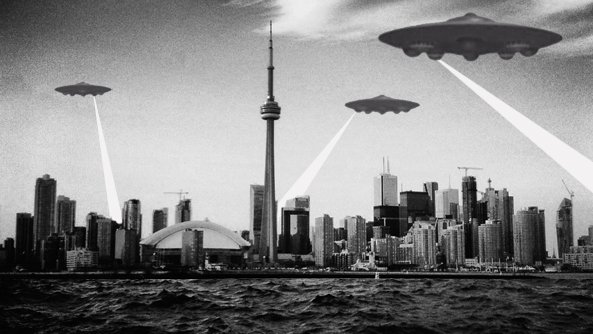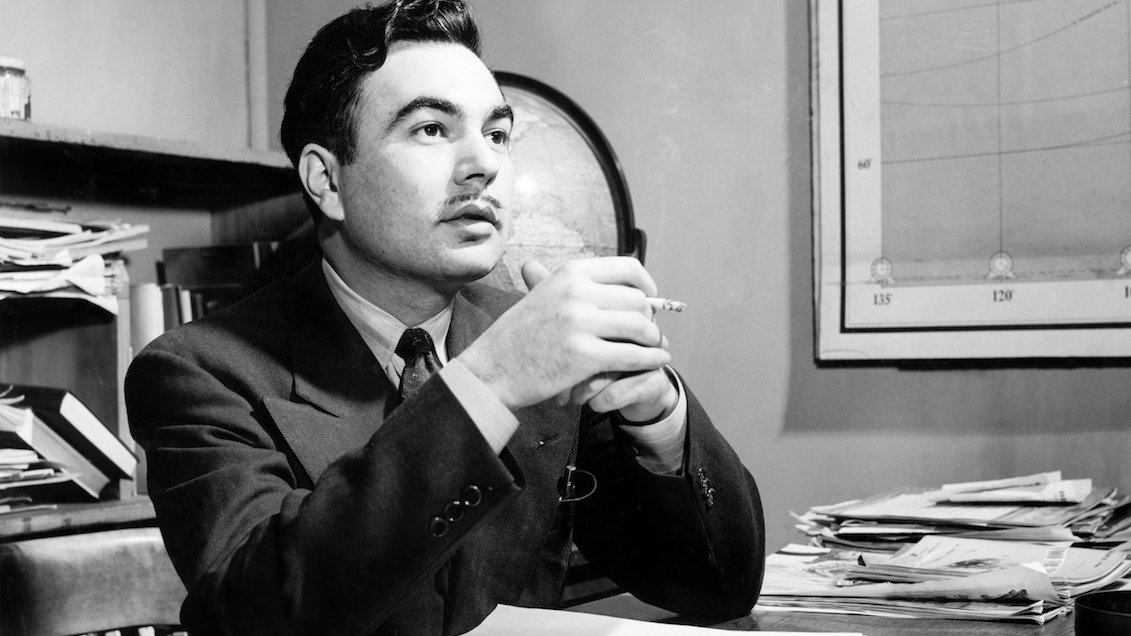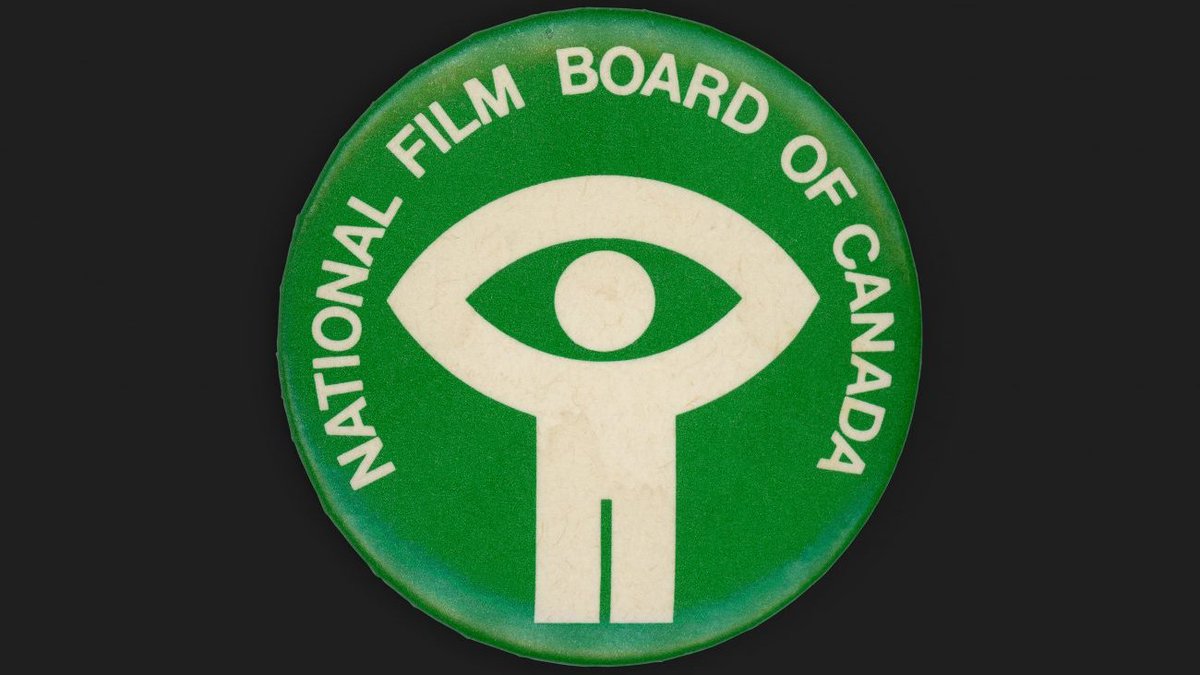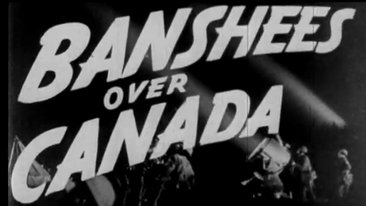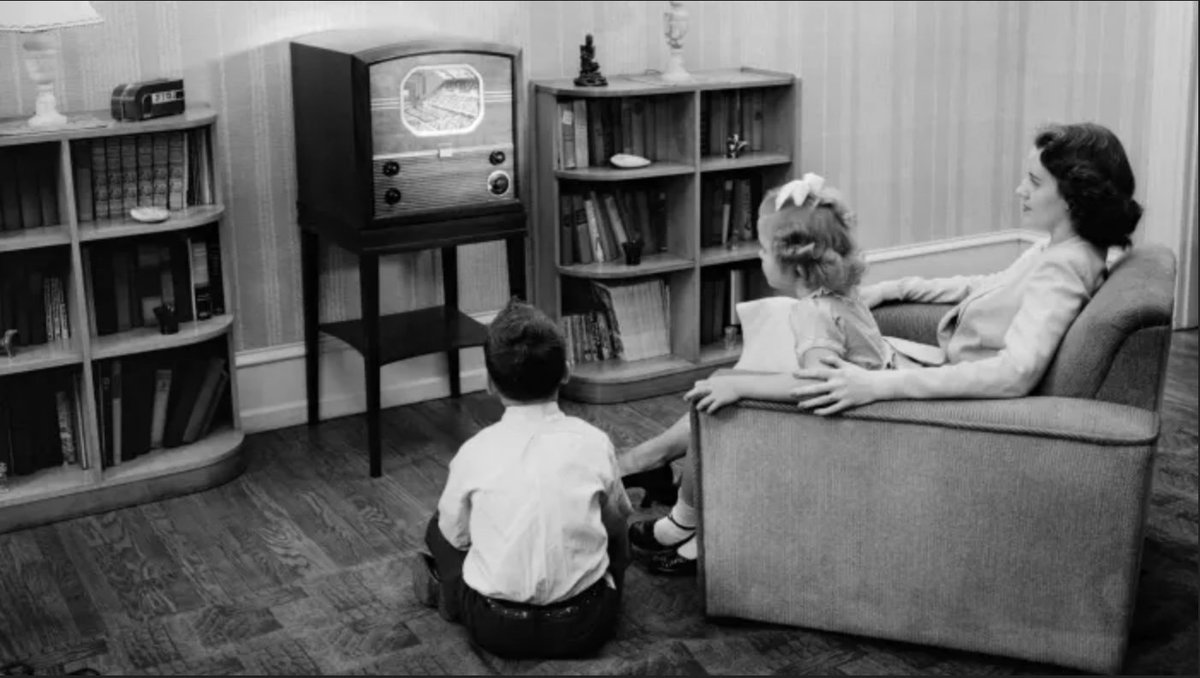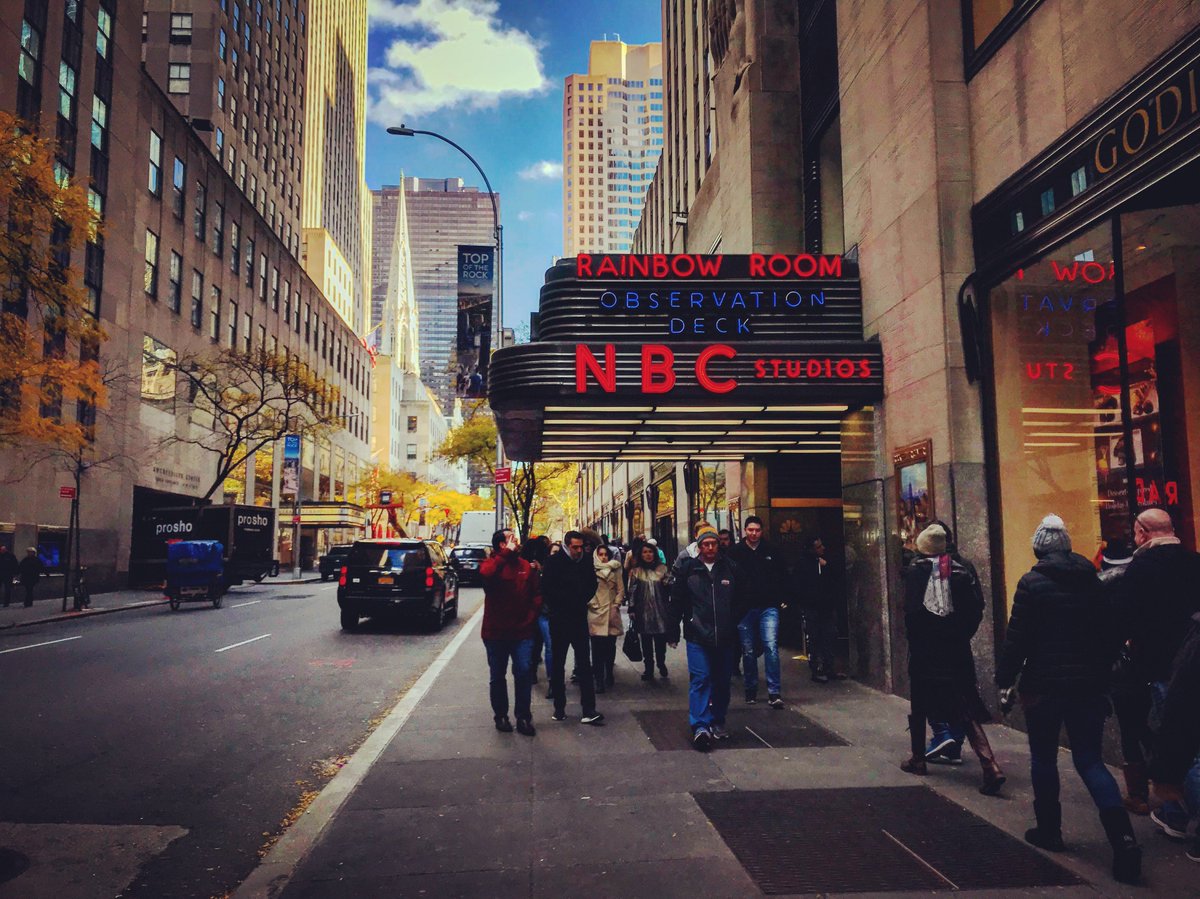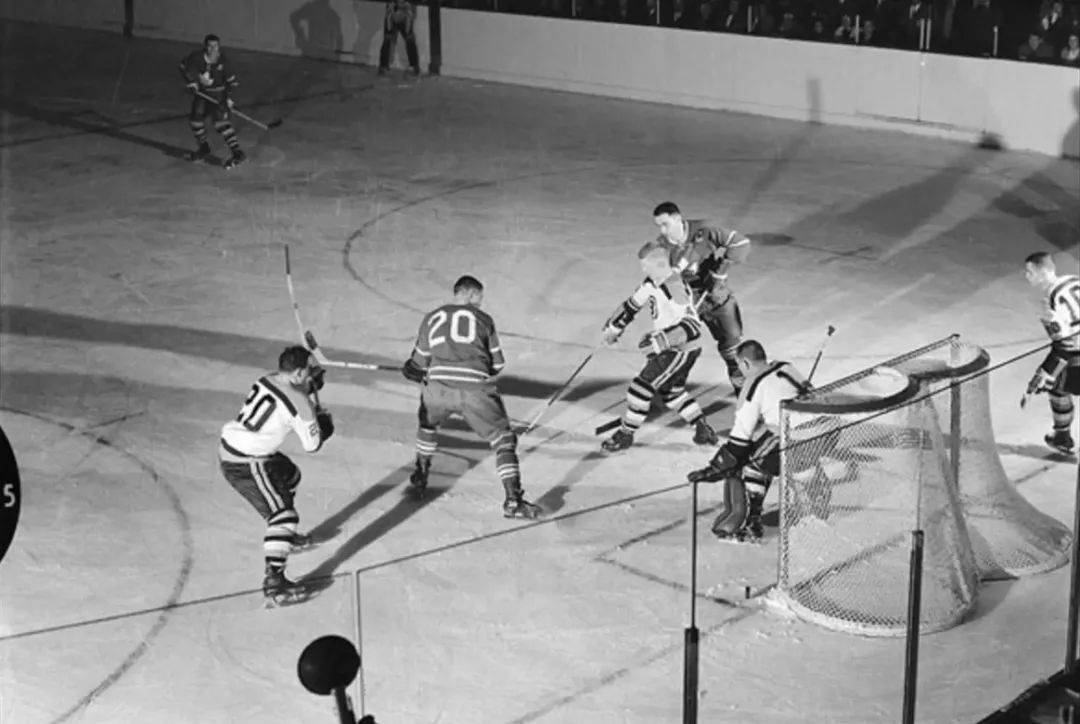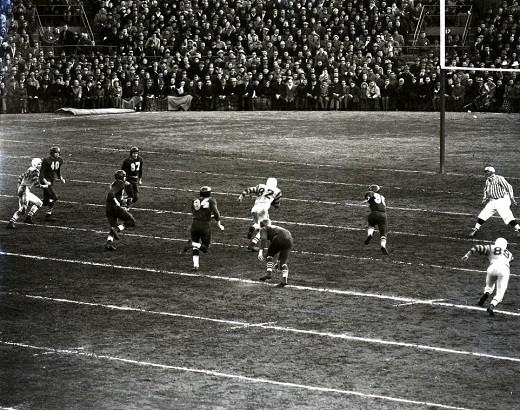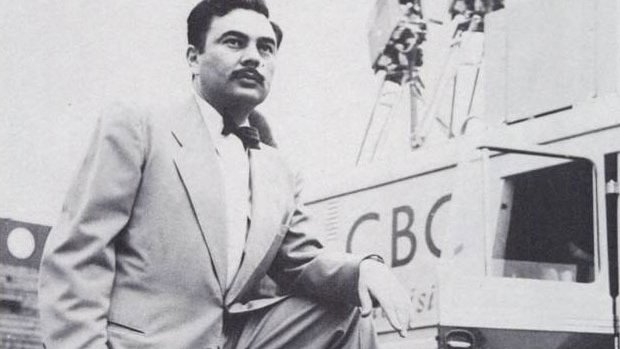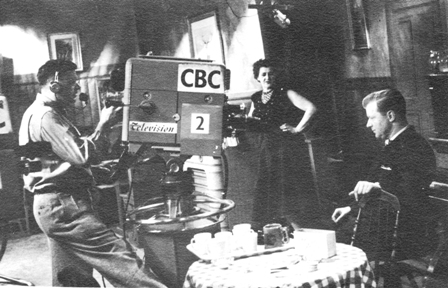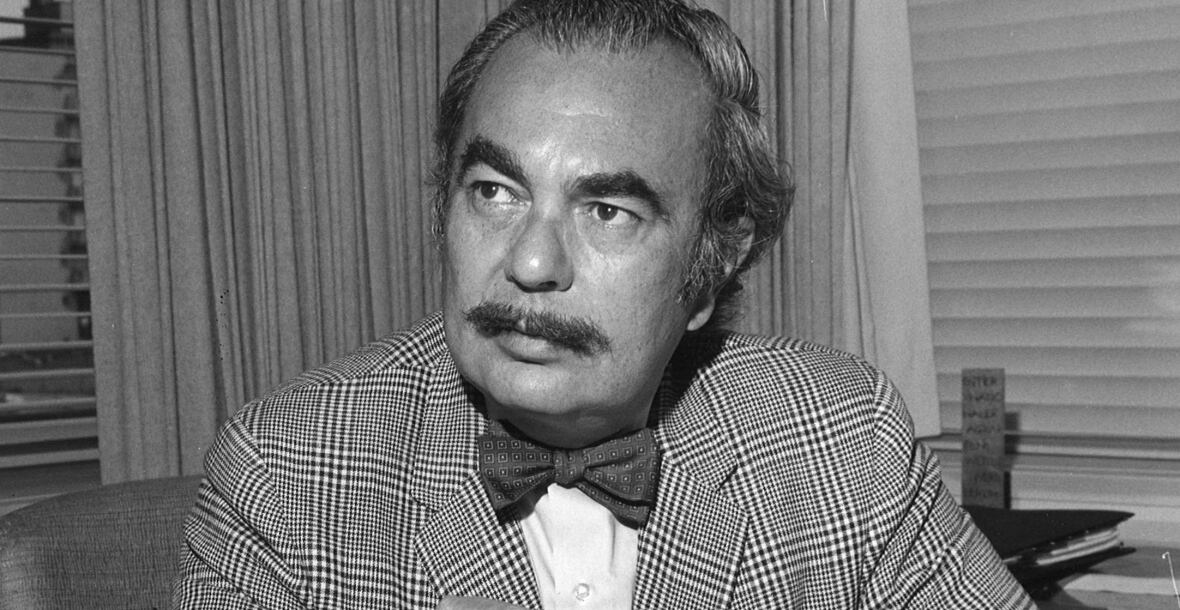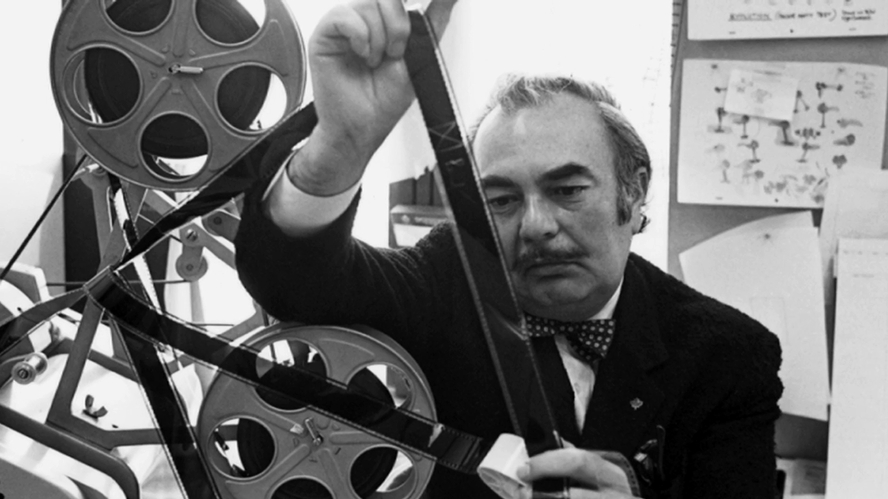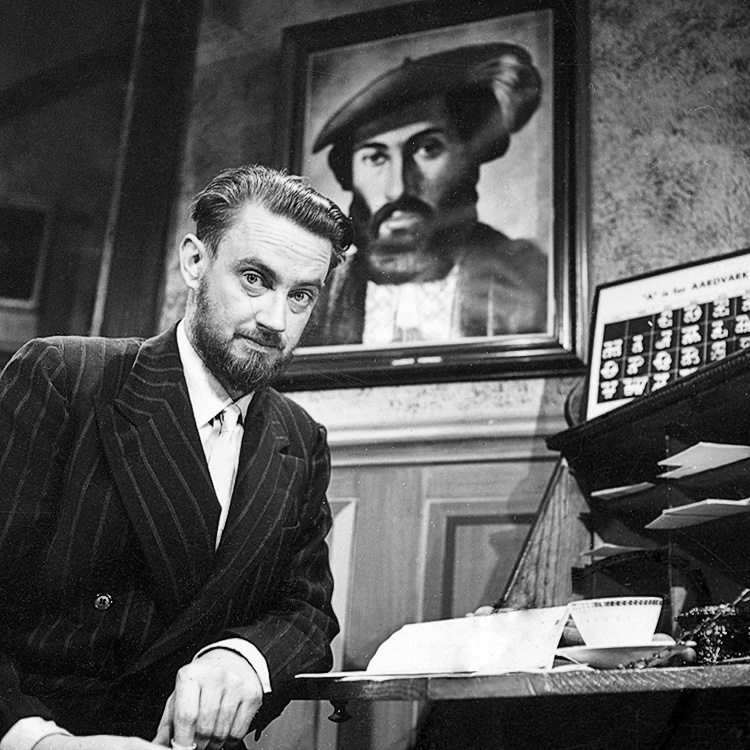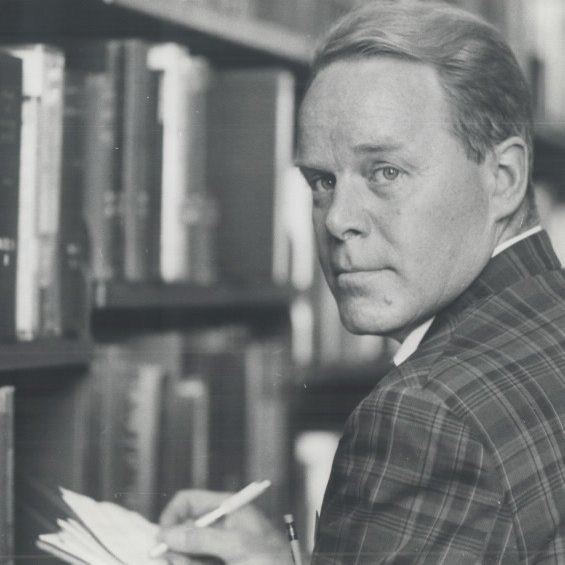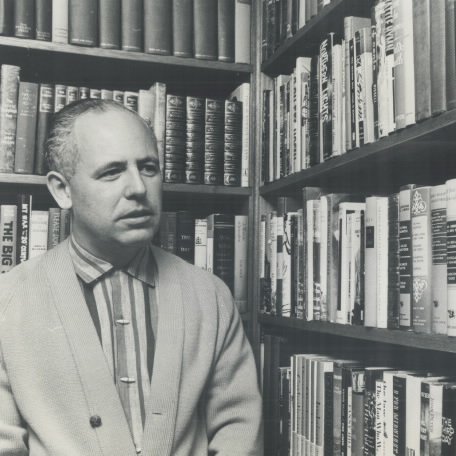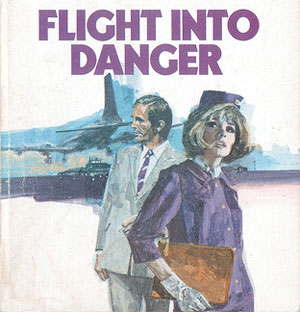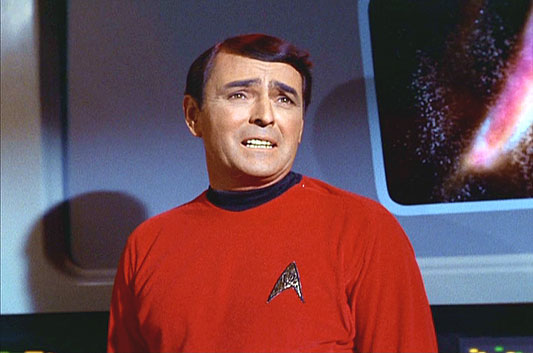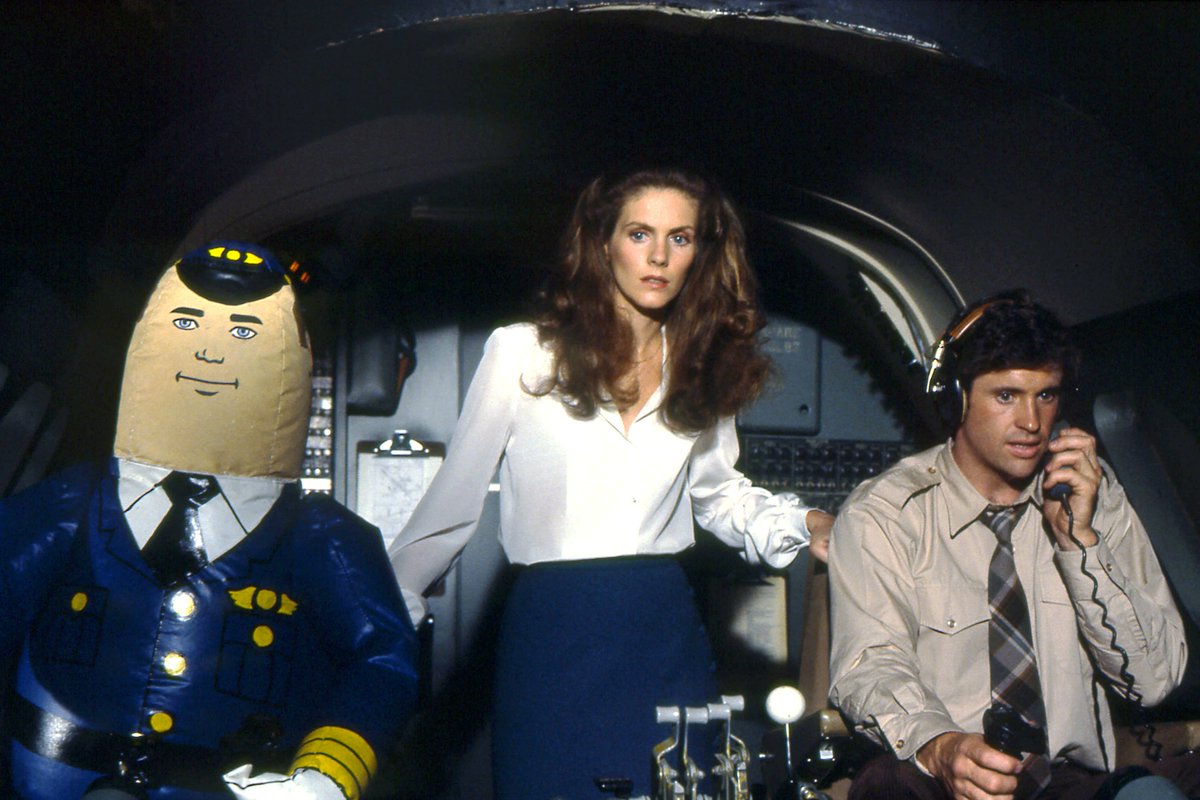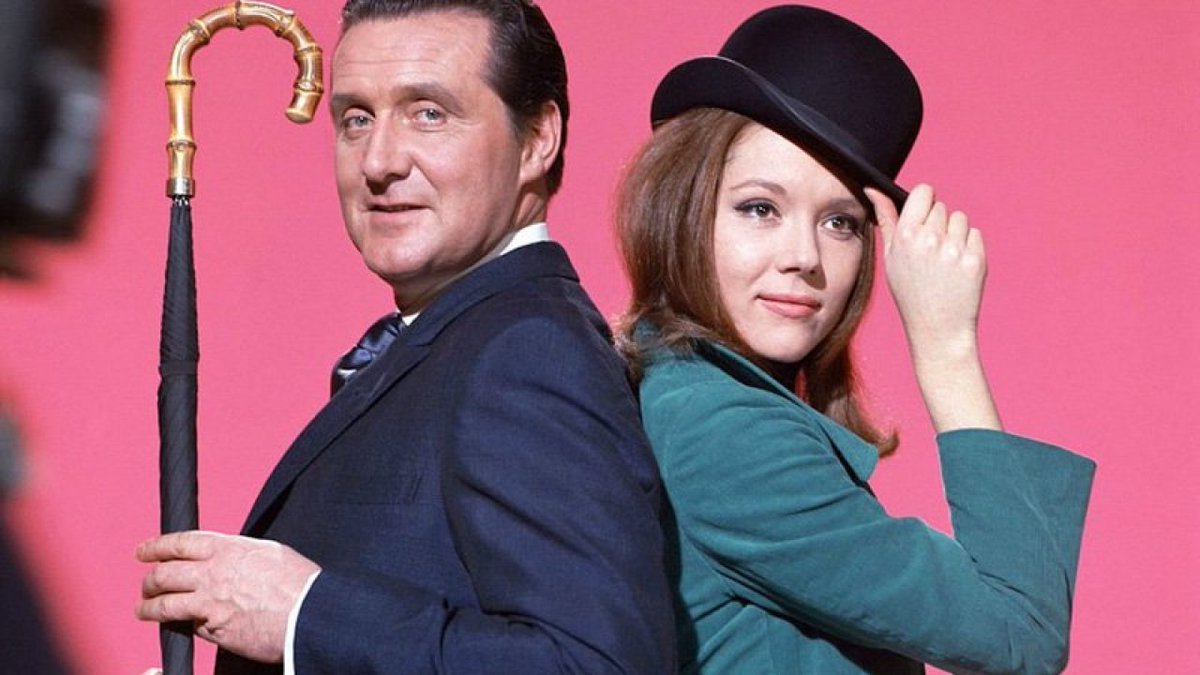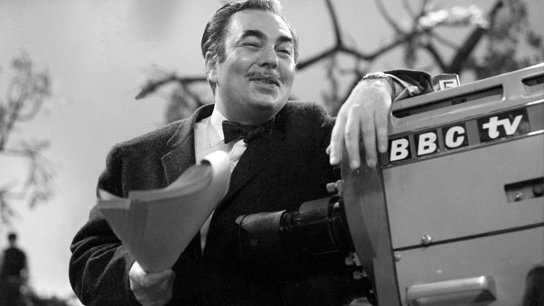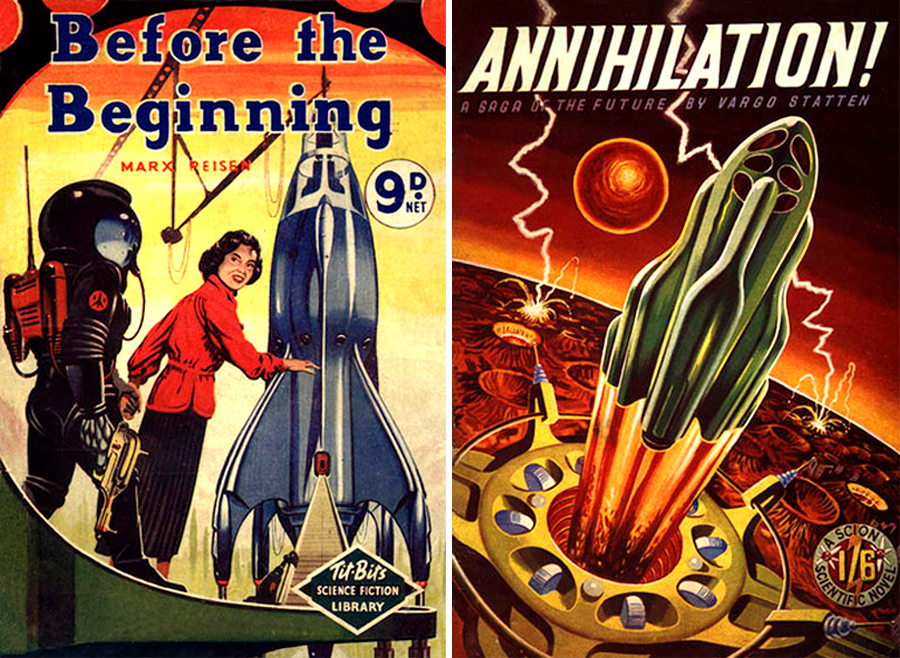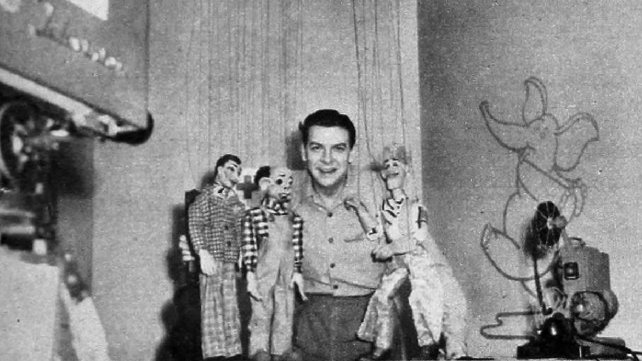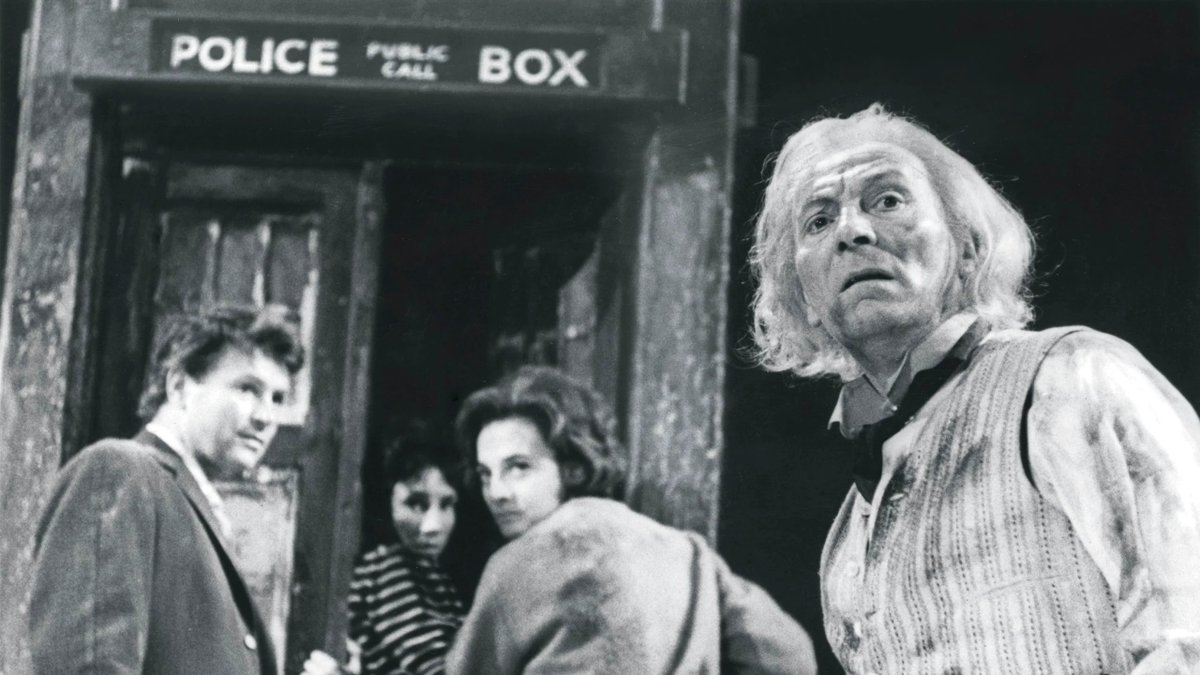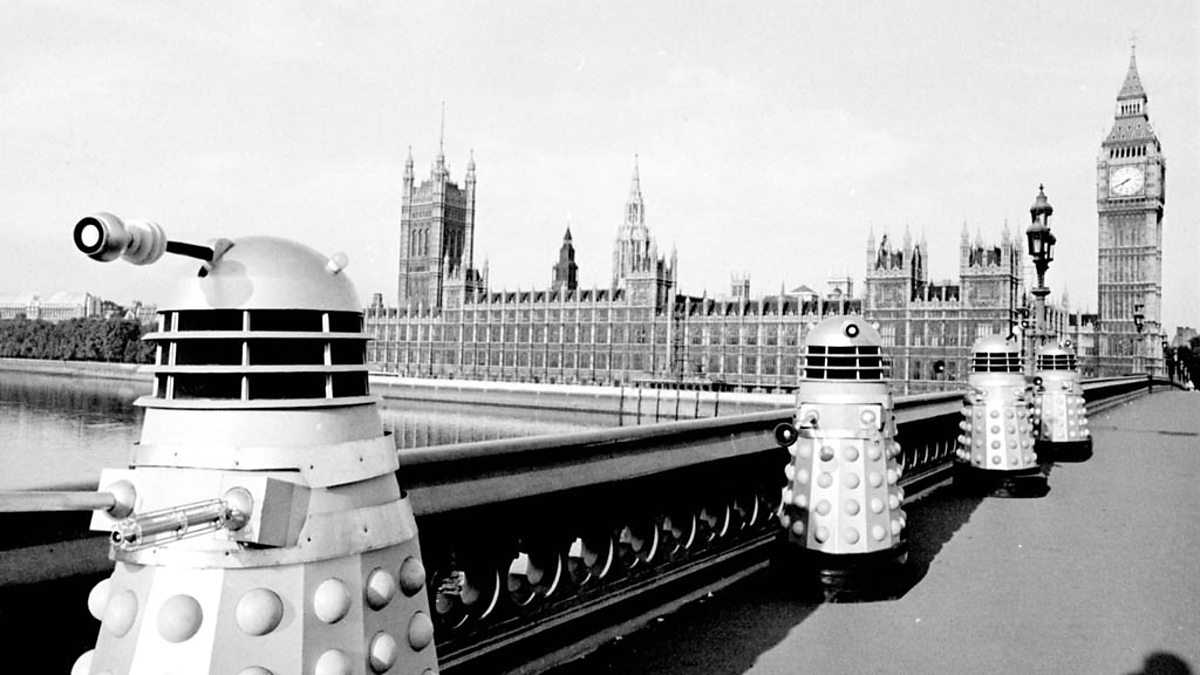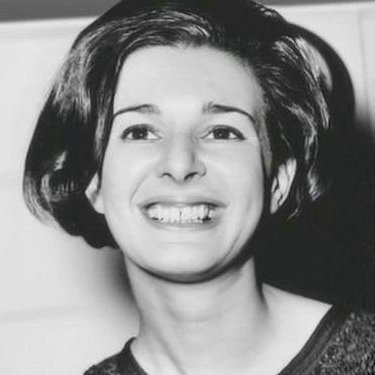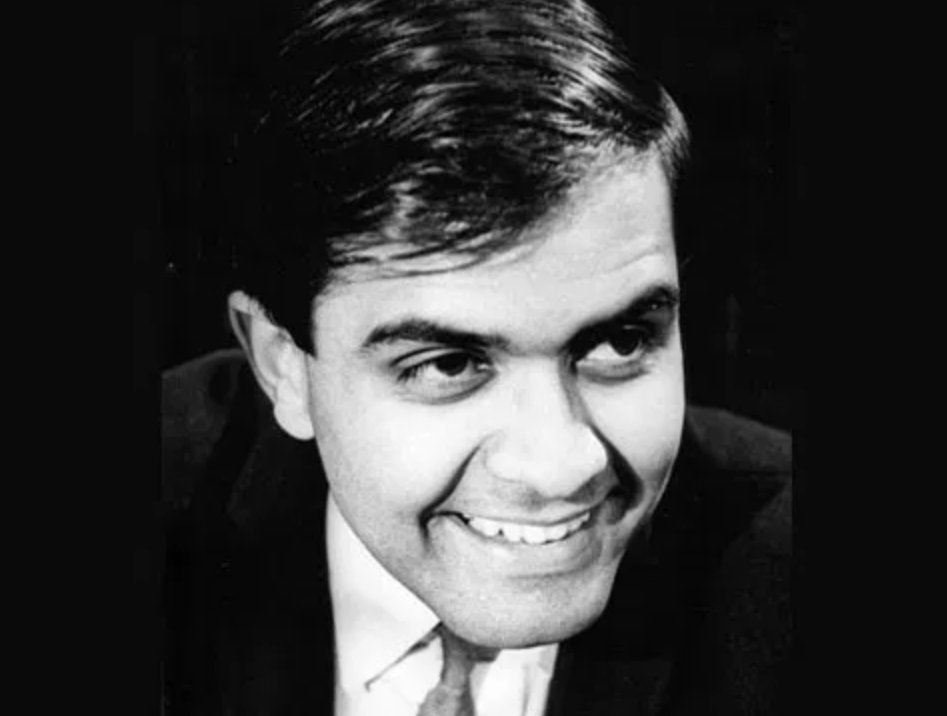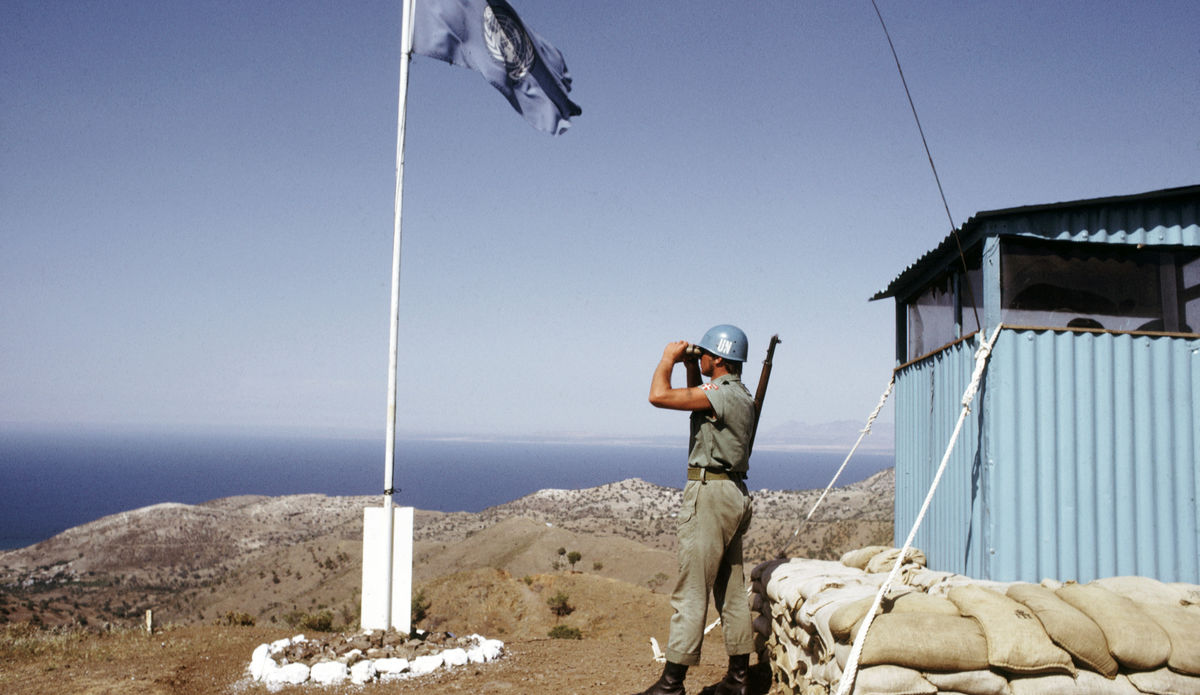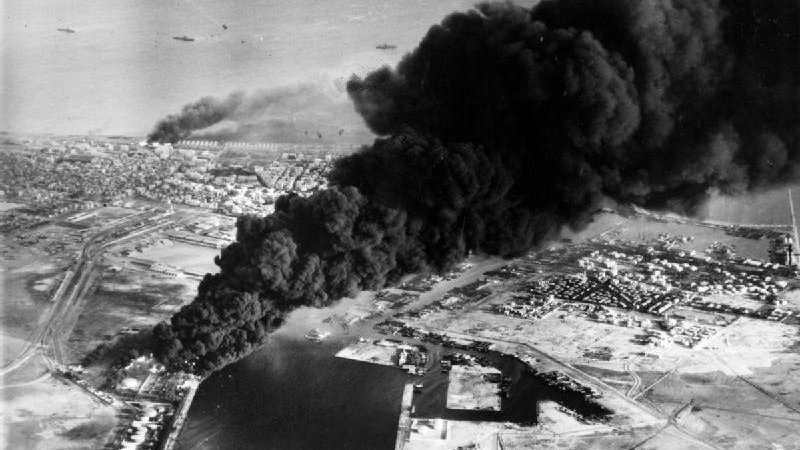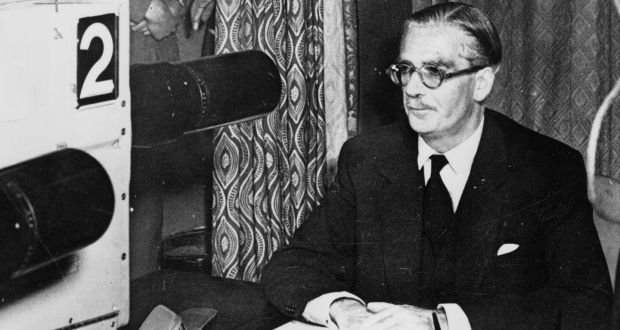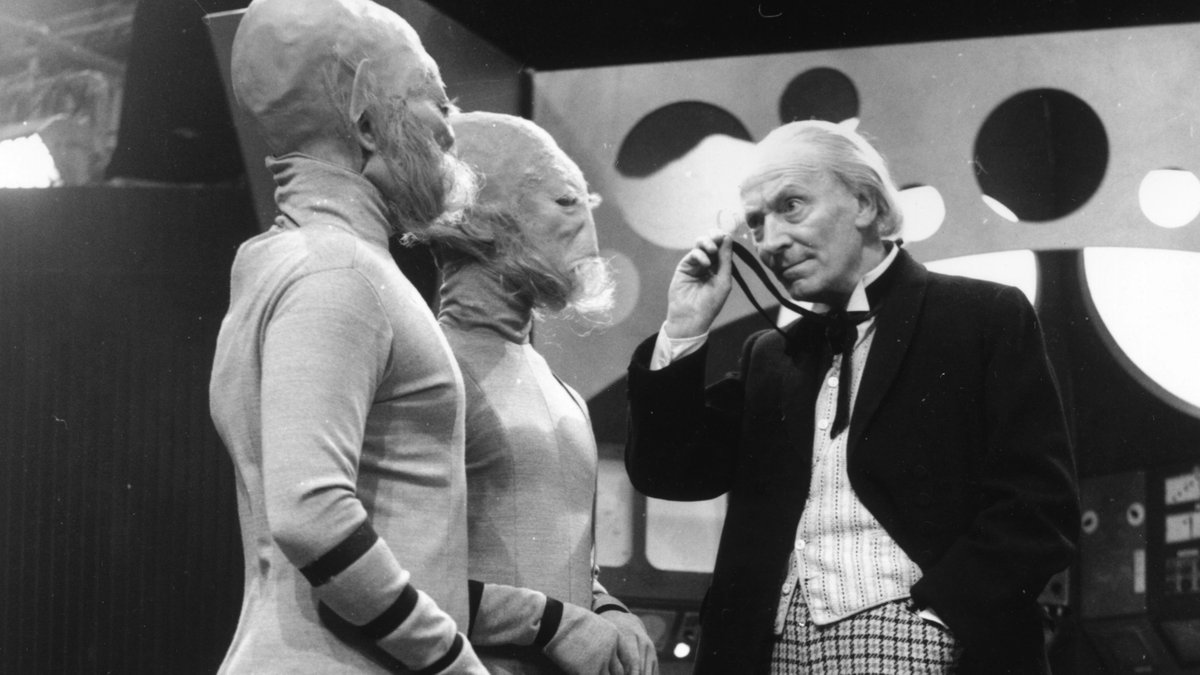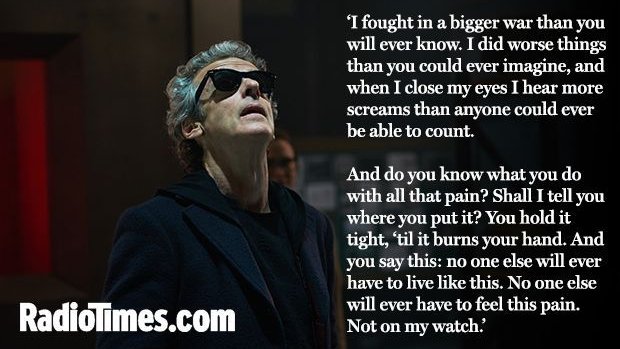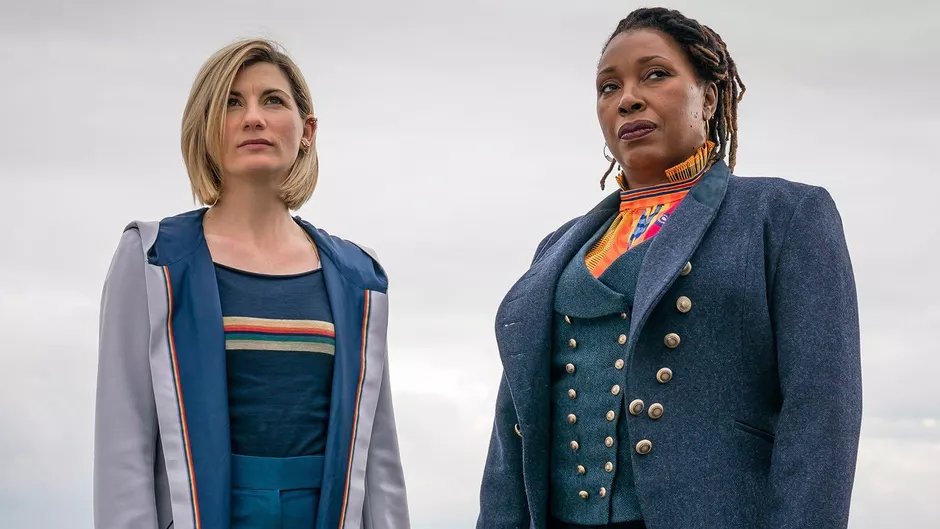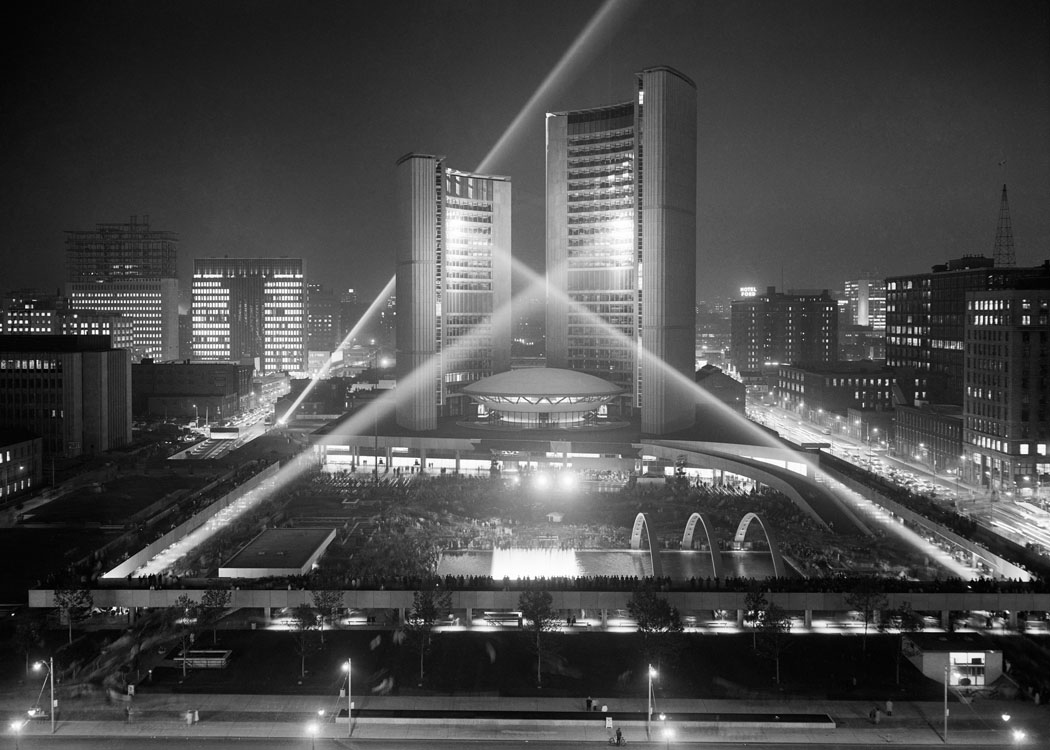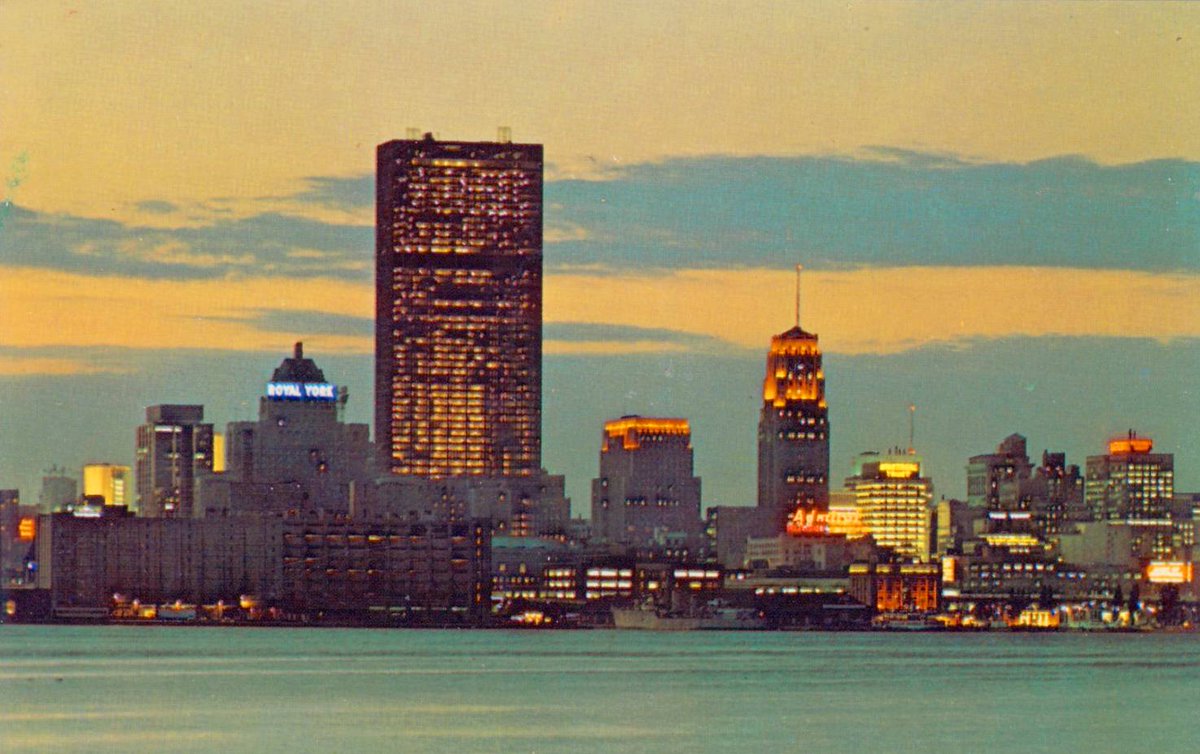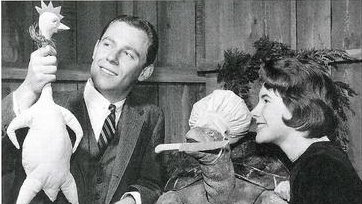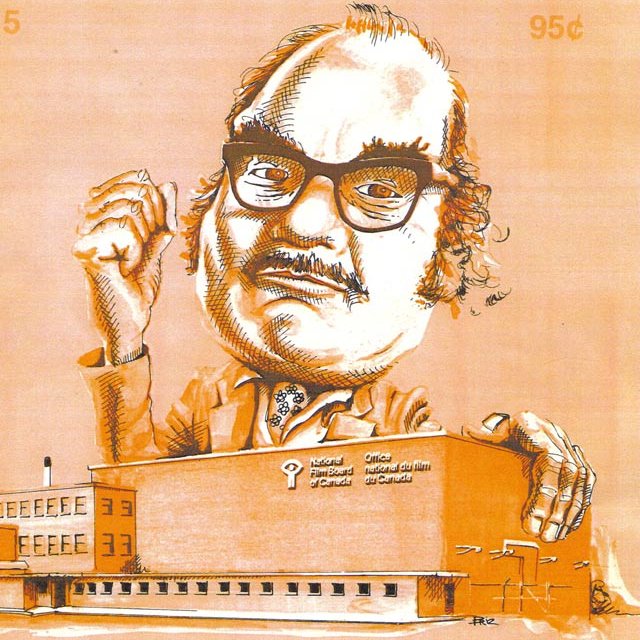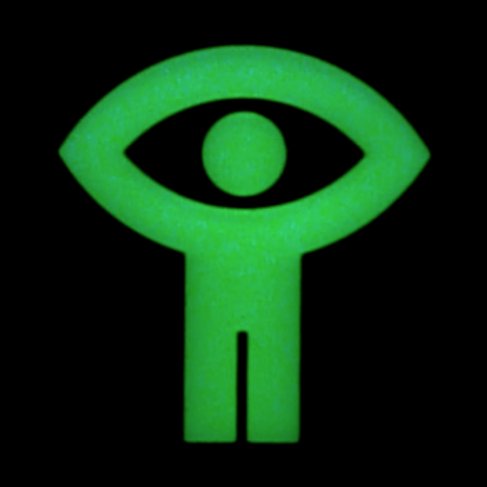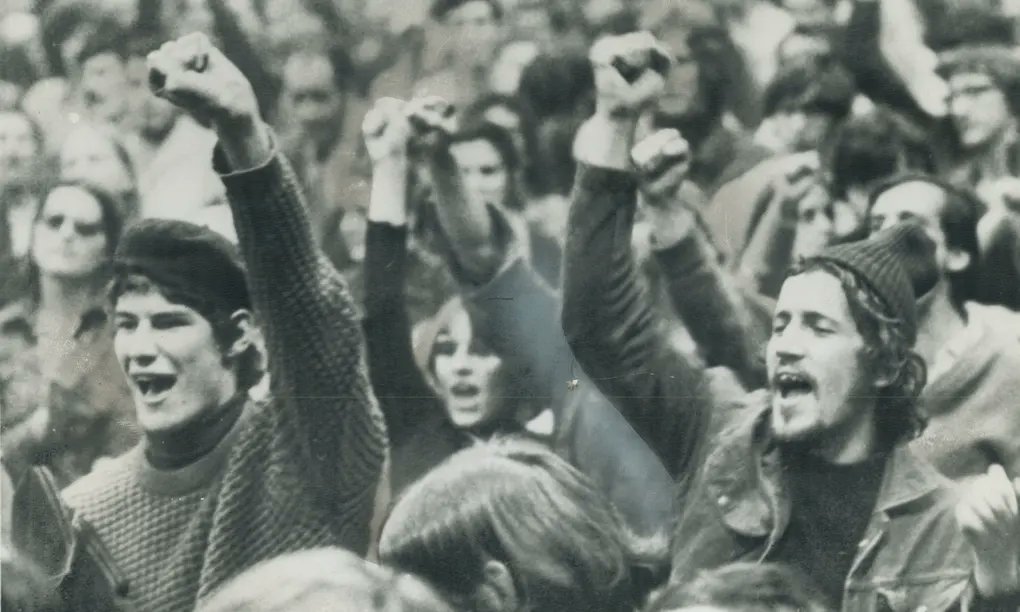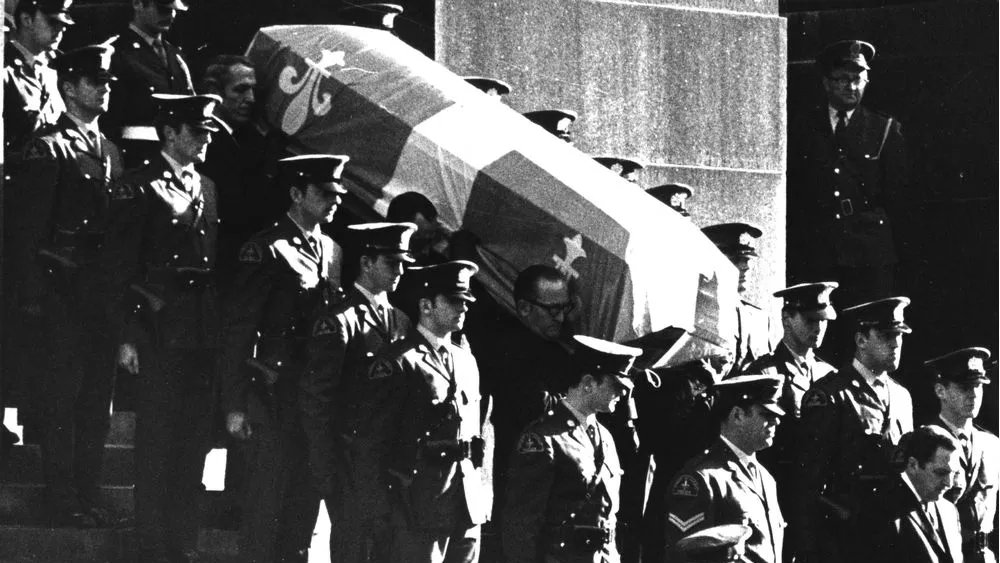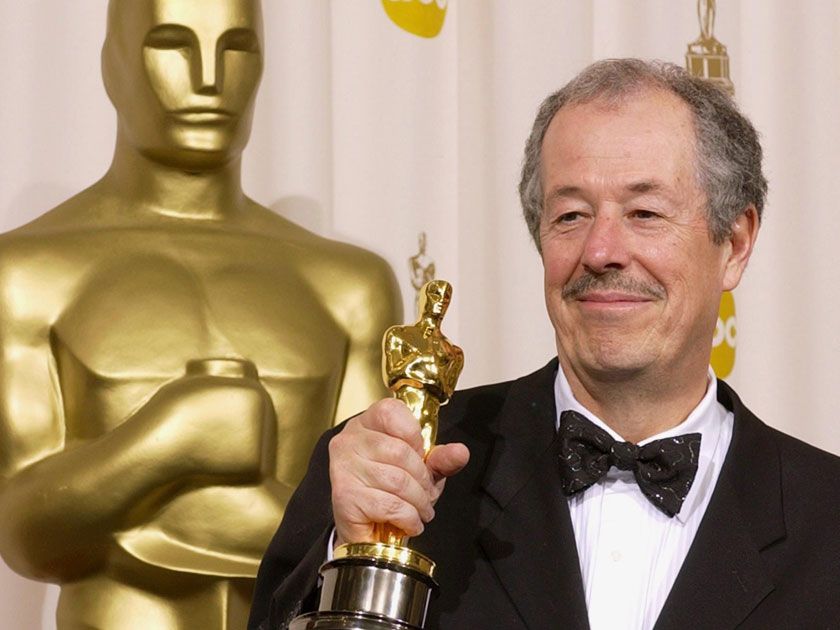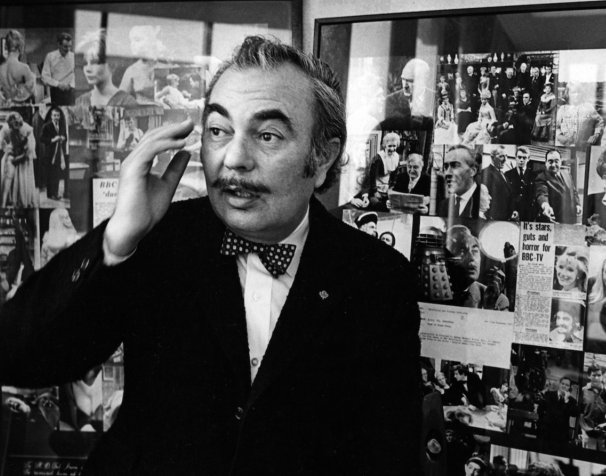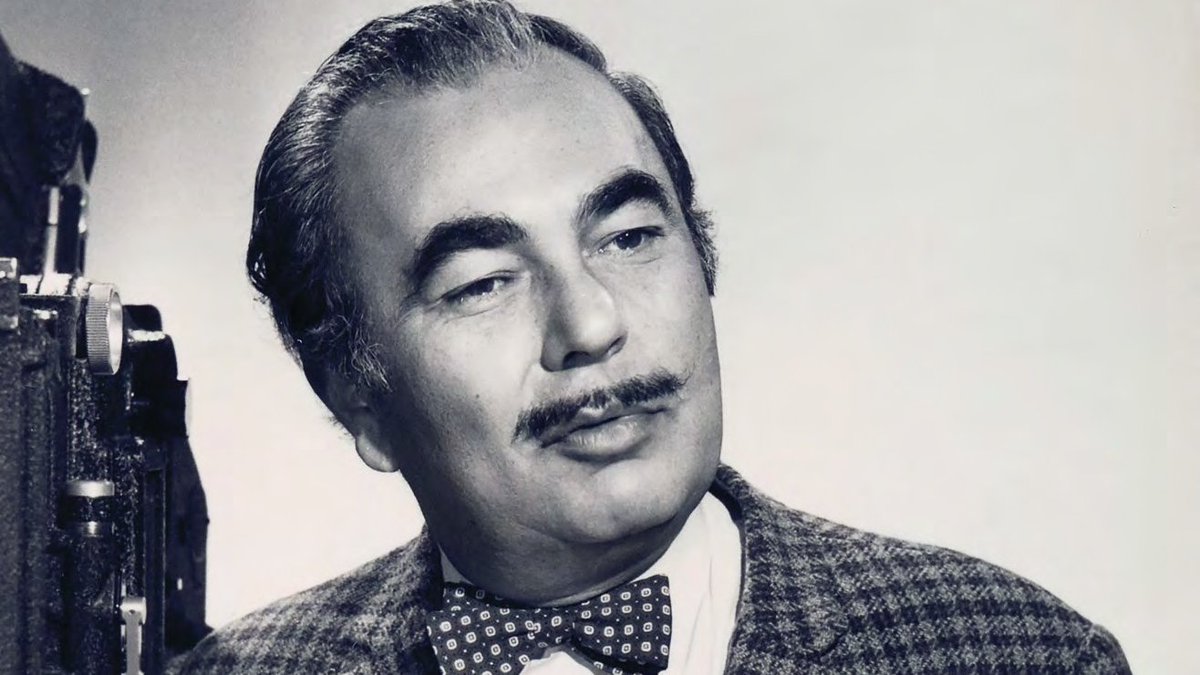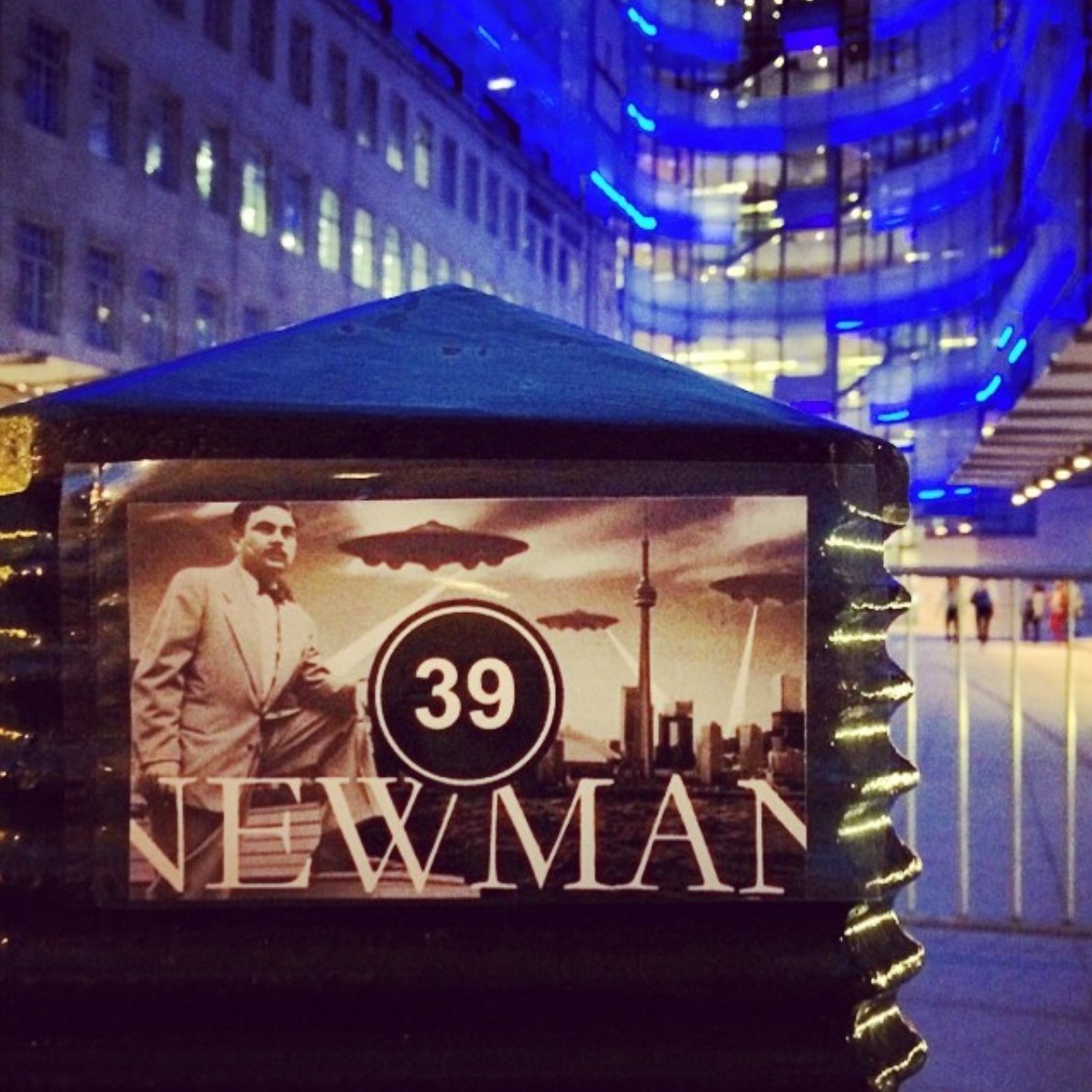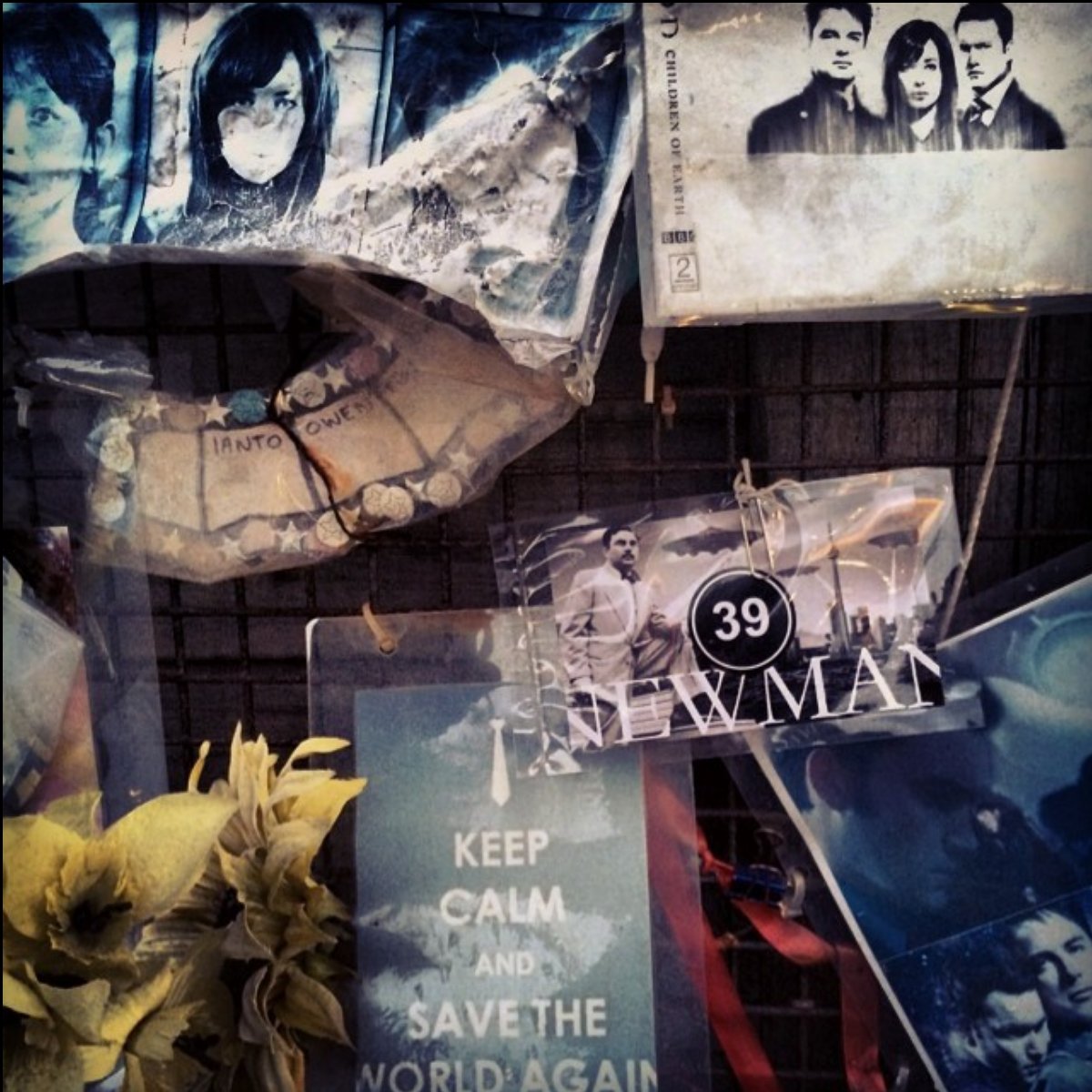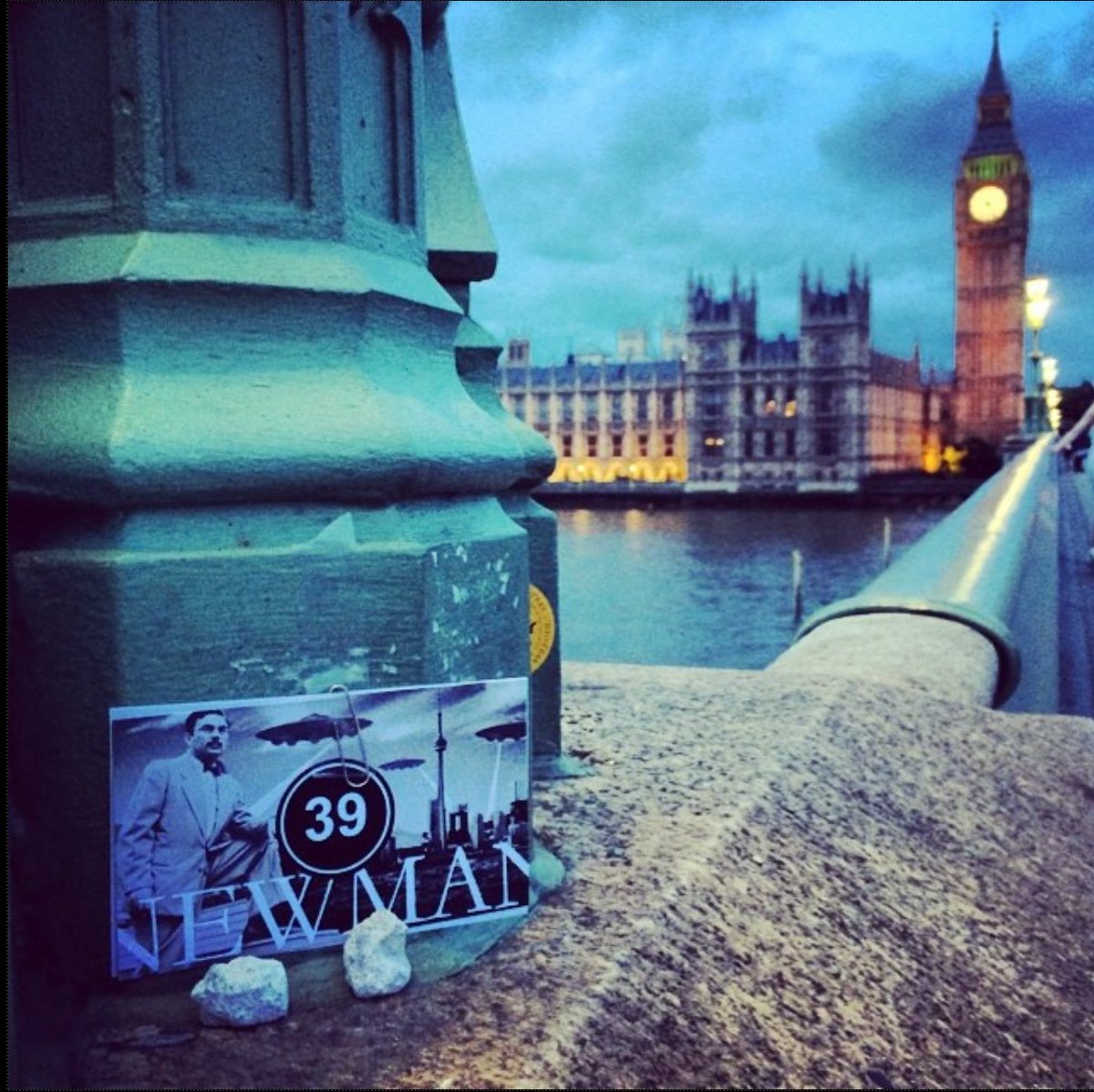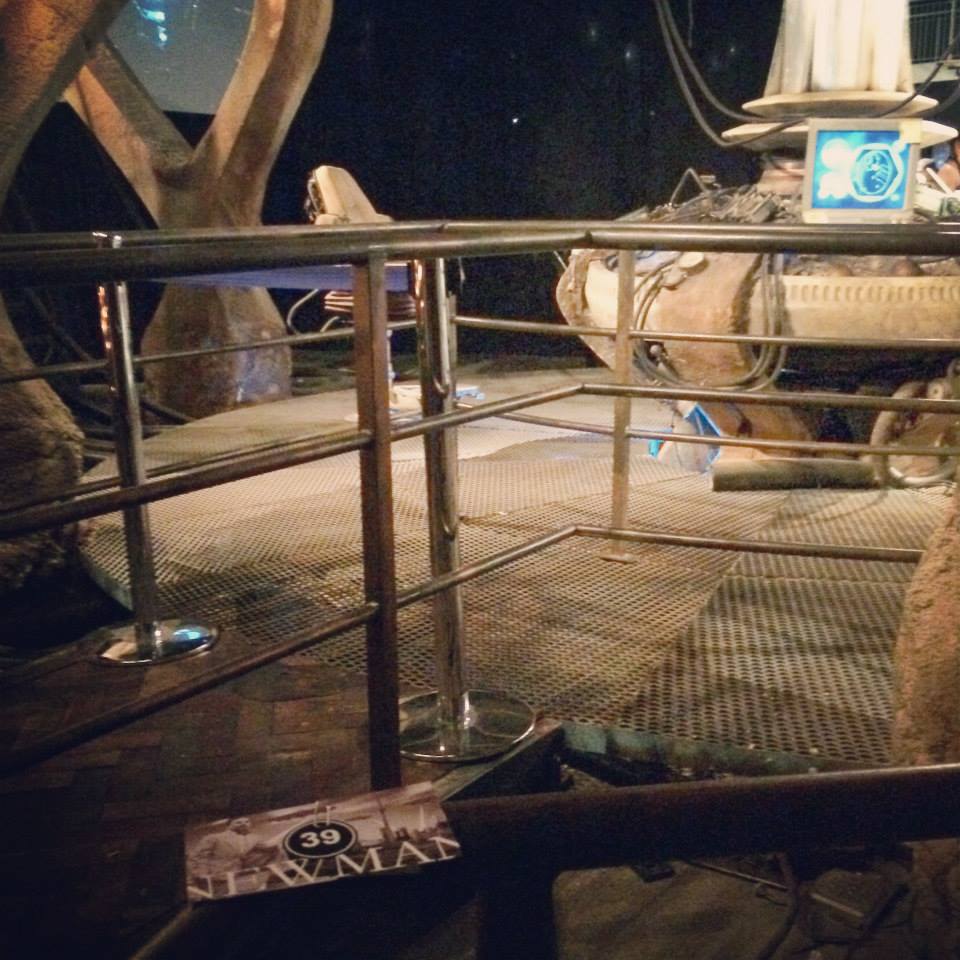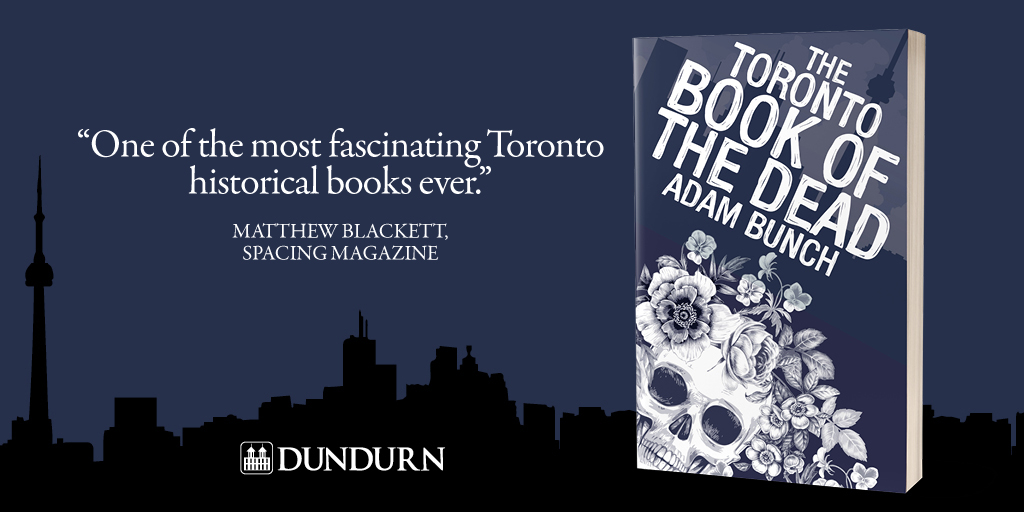1. It was this week 57 years ago that Doctor Who premiered. So here's a big long crazy thread about the Canadian who created one of the most quintessentially British shows.
And how he ended up as a possible target for kidnapping by the FLQ.
And how he ended up as a possible target for kidnapping by the FLQ.
2. His name was Sydney Newman. He was born in Toronto, went to Central Tech & by the time he was in his 20s, he'd developed a passion for film.
His timing was perfect. In 1939, when Newman was just 21 years old, the National Film Board of Canada was created.
His timing was perfect. In 1939, when Newman was just 21 years old, the National Film Board of Canada was created.
3. The NFB was created as a way to strengthen Canadian culture & national unity, making & distributing uniquely Canadian films — especially documentaries.
Newman got in on the ground floor, working as a splicer-boy editing film. And he worked his way up quickly from there.
Newman got in on the ground floor, working as a splicer-boy editing film. And he worked his way up quickly from there.
4. WWII broke out just months after the NFB was founded. Newman found himself working on the "Canada Carries On" propaganda newsreels that ran before movies.
Eventually, he'd be in charge of the whole series. His work appeared on hundreds of movie screens across the country.
Eventually, he'd be in charge of the whole series. His work appeared on hundreds of movie screens across the country.
5. But once the war ended, a new medium started catching on: TV.
By the late 1940s, some Canadians along the border had already bought their first television sets to watch the earliest American shows. We didn't have our own channels yet.
By the late 1940s, some Canadians along the border had already bought their first television sets to watch the earliest American shows. We didn't have our own channels yet.
6. The CBC was planning to change that. In preparation, the government sent Newman down to NYC.
He spent a year as an observer at NBC, sending reports back to Ottawa. "I fell passionately in love with television," he admitted, particularly excited by the educational potential.
He spent a year as an observer at NBC, sending reports back to Ottawa. "I fell passionately in love with television," he admitted, particularly excited by the educational potential.
7. So when he got back from New York, Newman left the NFB and accepted a job at the brand new CBC-TV. He was put in charge of all their outdoor broadcasts.
Sydney Newman was the one who put Foster Hewitt & Hockey Night in Canada on TV for the very first time.
Sydney Newman was the one who put Foster Hewitt & Hockey Night in Canada on TV for the very first time.
8. That same year, he broadcast the very first televised Grey Cup game.
(The Argos beat Edmonton at Varsity Stadium.)
(The Argos beat Edmonton at Varsity Stadium.)
9. But Newman would make his biggest splash as Head of Drama, implementing revolutionary new ideas.
He was deeply influenced by his time making documentaries & passionately believed TV shows should try to connect with the lives of the people watching.
He was deeply influenced by his time making documentaries & passionately believed TV shows should try to connect with the lives of the people watching.
10. In the 1950s, a lot of TV dramas were just classic plays or novels shot with TV cameras.
Newman, instead, hired exciting young writers & directors to produce original screenplays, encouraged them to write about current events & the world around them, and to break new ground.
Newman, instead, hired exciting young writers & directors to produce original screenplays, encouraged them to write about current events & the world around them, and to break new ground.
11. "One always complains about Canada... we don't know who we are or where we're going or how we connect up with the USA. Well, I would say the bloody simple way to find out is to let the writers talk about themselves... and Canadians will quickly find out what they are."
12. It was an exciting time. Canadian TV was getting a reputation for being on the cutting edge. "We did things on television they didn't do in England or America," one writer later remembered.
The CBC gave them the freedom to experiment. Newman made sure they used it.
The CBC gave them the freedom to experiment. Newman made sure they used it.
13. For instance, he hired Lister Sinclair (future host of CBC Radio's Ideas) who had recently been called out in parliament over a radio play he wrote about an unmarried pregnant woman considering an abortion, denounced by the leader of the Tories as "disgraceful".
14. Another was Len Peterson, criticized for daring to write about alienated youth & the erosion of democratic freedoms during the hyper-nationalistic years of the Second World War.
But it was a third playwright, Arthur Hailey, who wrote the biggest hit.
But it was a third playwright, Arthur Hailey, who wrote the biggest hit.
15. "Flight Into Danger" was a tense thriller about airplane pilots with food poisoning, starring James Doohan (before he became Scotty on "Star Trek"). One critic called it, "probably the most successful TV play ever written anywhere."
16. It was a HUGE success. A massive international hit. Hollywood even turned it into a feature film — which was then, in turn, spoofed by Airplane!
And the British were noticing Newman's work, too.
And the British were noticing Newman's work, too.
17. That's how he ended up in England — along with his radical, new, Canadian ideas. He became Head of Drama for a channel called ABC, where his biggest hit was a spy thriller: The Avengers. It would prove to be one of the most successful TV shows ever.
19. Growing up in Toronto, Newman had been a big fan of science-fiction. And he still was.
"Up to the age of 40," he said, "I don't think there was a science-fiction book I hadn't read. I love them because they're a marvellous way...of saying nasty things about our own society."
"Up to the age of 40," he said, "I don't think there was a science-fiction book I hadn't read. I love them because they're a marvellous way...of saying nasty things about our own society."
20. When he was at the CBC, they'd done a Canadian version of the Howdy Doody puppet show with a science fiction twist: a character called Mr. X who taught kids about history & science by travelling through space & time in his Whatsis Box.
21. Over a long series of brainstorming sessions, Newman & his team gradually developed the idea for Doctor Who — a show about an old alien travelling through space & time with his companions in a blue police box.
22. Not everything was Newman's idea — he was famously against having any "bug-eyed monsters" — but he's generally given credit for core of the show, from the name to the basic premise.
And as usual, he set about finding the most exciting young talent he could to work on it.
And as usual, he set about finding the most exciting young talent he could to work on it.
23. Producer Verity Lambert was just 27 years old — the youngest producer in the Drama Department & the only woman producing at the BBC.
Waris Hussein, the director of the first episode was 24, gay, and the very first Indian-born director to work for the BBC.
Waris Hussein, the director of the first episode was 24, gay, and the very first Indian-born director to work for the BBC.
24. And the show would embody many progressive ideas — some of them even stereotypically Canadian ones. In many ways, it would be a show about peace-making and peace-keeping.
And I don't think that was a coincidence.
And I don't think that was a coincidence.
25. Those ideas held a terrible new weight in the wake of WWII. And the year before Newman left Canada, future PM Lester B. Pearson won the Nobel Peace Prize for championing the brand new idea of UN peacekeeping — which quickly became a central part of the Canadian identity.
26. It was also helping to reshape the British national identity. Pearson's peacekeepers were a response to the Suez Crisis — sparked by British & French military aggression in the Middle East. The crisis was, for many Britons, a sign the Empire was not only over, but immoral.
27. The BBC played an important role, clashing with the Conservative Prime Minster who wanted to muzzle opposition, pressuring the public broadcaster to support the government's position. It became a defining moment in the history of the BBC.
28. So it's not surprising a Canadian in the early 1960s would create a TV show reflecting something of a Pearsonian worldview — or that upon his arrival at the BBC, he would find plenty of people who agreed.
29. Within a few years, Doctor Who had made the UN a major part of the show. And even the bug-eyed monsters were about more than cheap scares, giving the Doctor a chance to demonstrate his respect for others & his belief that violence should only be used as the very last resort.
30. Even half a century later, those values are still at the heart of the show — and Doctor Who has gone on to become one of the most beloved dramas on television.
31. Sydney Newman would be associated with Doctor Who for the rest of his life — he even suggested the Doctor should be a woman back in 1986.
But by the end of the 1960s, he'd left the BBC and was feeling a bit homesick.
But by the end of the 1960s, he'd left the BBC and was feeling a bit homesick.
32. "I mean, just the sheer thought of Yonge & College streets sends shivers," he explained. "I can't wait to see the Toronto City Hall. I can't wait to go to Georgian Bay. It's my country... It's corny and it's junior Chamber of Commerce stuff, but it's me."
34. But he found Canadian TV in a very different state than when he'd left. The CBC made drastic cuts, prompting an exodus of Canadian talent to the US & UK.
Newman called it, "a tremendous loss to... the consciousness of the nation... a tragedy for the country as a whole."
Newman called it, "a tremendous loss to... the consciousness of the nation... a tragedy for the country as a whole."
35. So instead of heading back to the CBC, Newman took on other important jobs. First, as an advisor to the CRTC, fighting for Canadian content. Then he became the head of the entire National Film Board.
But the NFB was also now in turmoil.
But the NFB was also now in turmoil.
36. This was 1970: the height of separatist terrorist attacks by the FLQ — "le Front de libération du Québec."
The drive to separate from the rest of Canada had reached a boiling point in Québec: there were riots, bombs going off, kidnappings of diplomats and politicians.
The drive to separate from the rest of Canada had reached a boiling point in Québec: there were riots, bombs going off, kidnappings of diplomats and politicians.
37. Two months after Newman returned to the NFB, the FLQ murdered a cabinet minister. The PM used the War Measures Act to suspend civil liberties in Québec.
Newman—who didn't even speak French—spent a lot of his time at the NFB clashing with separatists inside the organization.
Newman—who didn't even speak French—spent a lot of his time at the NFB clashing with separatists inside the organization.
38. When Denys Arcand — one of the great Québecois filmmakers, who won an Oscar in 2004 for The Barbarian Invasions — made a documentary for the NFB that included two FLQ members calling for armed revolution, Newman blocked it from being released.
39. Newman was denounced for censorship. And for a while, the FLQ even thought about retaliating by launching an attack on the federalist film executive, considering him as a possible target for a kidnapping plot.
40. But it never did happen — and support for the FLQ quickly collapsed in the 1970s. Sydney Newman survived. The creator of Doctor Who would spend the rest of his life fighting for Canadian television, Canadian films, and Canadian culture.
Thanks so much for reading! I've left dreams for Sydney Newman in Toronto, London & Cardiff as part of the Toronto Dreams Project — even on the TARDIS itself.
And if you'd like an even longer version of this story, you can check it out on the blog: http://torontodreamsproject.blogspot.com/2013/11/the-torontonian-roots-of-doctor-who.html
And if you'd like an even longer version of this story, you can check it out on the blog: http://torontodreamsproject.blogspot.com/2013/11/the-torontonian-roots-of-doctor-who.html
Oh, and if you're interested in reading more of my stories about the history of the city...
Not only is The Toronto Book of the Dead available from all the usual places, The Toronto Book of Love is now available for pre-order, too! https://www.chapters.indigo.ca/en-ca/books/contributor/author/adam-bunch/
Not only is The Toronto Book of the Dead available from all the usual places, The Toronto Book of Love is now available for pre-order, too! https://www.chapters.indigo.ca/en-ca/books/contributor/author/adam-bunch/

 Read on Twitter
Read on Twitter